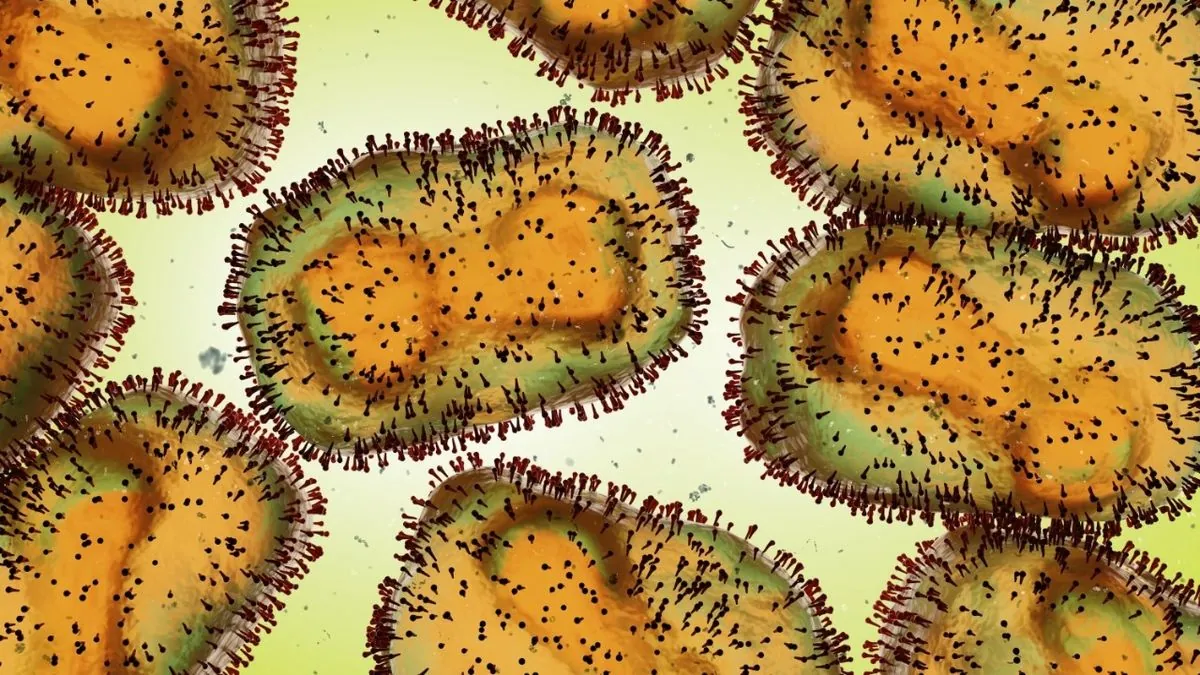The World Health Organization (WHO) has once again declared mpox an international health emergency, responding to a significant outbreak in Africa. This decision comes as suspected and confirmed cases in the continent have exceeded 15,000 in 2024, surpassing the total number of cases recorded in 2023.
Tedros Adhanom Ghebreyesus, WHO Director General, expressed deep concern about the situation, particularly the emergence and rapid spread of a new mpox strain, clade 1b, in eastern Democratic Republic of Congo (DRC) and neighboring countries. He emphasized the need for a coordinated international response to contain these outbreaks and save lives.
The resurgence of mpox in Africa highlights the persistent challenges in addressing infectious diseases in regions where they have long been endemic. The DRC, where mpox was first identified in humans in 1970, has reported 13,800 suspected and confirmed cases and 450 deaths in 2024. Alarmingly, children under 15 account for 68% of cases and 85% of deaths in the country.
This emergency declaration aims to mobilize funding and pressure governments to intensify their response efforts. It follows a similar declaration made in 2022 during a global outbreak that primarily affected gay and bisexual men. While that outbreak was largely contained through vaccination campaigns, the virus has persisted in parts of Africa where vaccines are not readily available.
Mpox, formerly known as monkeypox, is a zoonotic virus that causes flu-like symptoms and a painful rash. The name was changed in November 2022 to avoid stigmatization and inaccuracy, as the virus is now believed to originate in rodents rather than monkeys. Transmission occurs through contact with infected animals or skin-to-skin contact between humans, with sexual contact emerging as a significant factor in recent outbreaks.
The new clade 1b virus is reported to cause more severe illness than the clade 2 viruses responsible for the 2022 global outbreak. However, it does not appear to be more lethal than the clade 1 form long endemic in the DRC. The virus's incubation period typically ranges from 6 to 13 days, with symptoms lasting 2 to 4 weeks.
Efforts to address the outbreak in Africa face numerous challenges, including limited vaccine availability and complex healthcare systems often overwhelmed by other priorities such as Ebola and HIV. However, plans are underway to begin distributing vaccines in the DRC later this year, pending regulatory approval.
In the United States, mpox cases have significantly decreased since the peak of the 2022 outbreak, with current levels at approximately three new cases per day. This is a stark contrast to the 450 daily cases reported in August 2022.
As the international community grapples with this renewed threat, the importance of global cooperation in public health becomes increasingly evident. The WHO's emergency declaration serves as a reminder that infectious diseases know no borders and require collective action to prevent their spread and protect vulnerable populations.
"The detection and rapid spread of a new clade of mpox in eastern DRC, its detection in neighboring countries that had not previously reported mpox, and the potential for further spread within Africa and beyond is very worrying."
This latest mpox outbreak underscores the need for continued vigilance, research, and equitable access to healthcare resources worldwide. As efforts to contain the virus intensify, the global health community must remain committed to addressing the root causes of disease emergence and spread, particularly in regions with limited resources and endemic health challenges.
